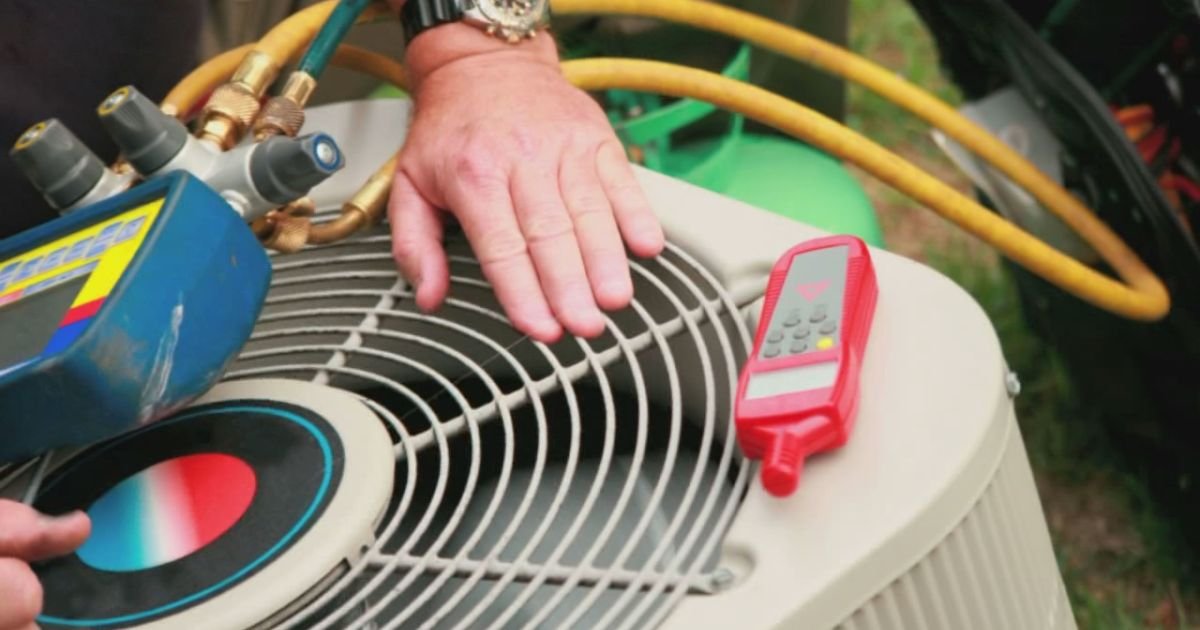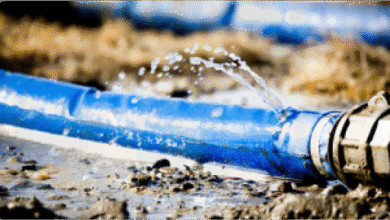Every homeowner dreams of a home that feels just right — cool and refreshing in summer, warm and cozy in winter, and efficient all year long. But achieving that balance takes more than just setting the thermostat. It requires consistent care and smart maintenance of your HVAC system.
In places like San Antonio, where temperatures can soar into triple digits and then dip unexpectedly in the cooler months, maintaining your heating and cooling systems isn’t just a luxury — it’s essential. Let’s explore why year-round HVAC maintenance matters and how homeowners can keep their systems running smoothly.
The Role of Your HVAC System in Home Comfort
Your HVAC (heating, ventilation, and air conditioning) system does more than just regulate temperature. It controls humidity, filters the air, and helps maintain a comfortable environment that supports your health and your home’s structure.
When your system is running efficiently:
- Air quality improves, reducing allergens and airborne particles.
- Energy costs stay lower because your system doesn’t have to overwork.
- Comfort levels remain consistent across rooms and seasons.
Without proper maintenance, however, performance declines. Filters clog, coils get dirty, and parts wear down — all of which can lead to breakdowns and unexpected expenses.
Why Regular HVAC Maintenance Matters
Think of your HVAC system like your car. You wouldn’t drive thousands of miles without changing the oil or checking the tires, right? The same logic applies here.
Benefits of Routine Maintenance
- Energy Efficiency: A clean, well-tuned system uses less energy, which directly lowers your utility bills.
- Longer Equipment Life: Preventive care helps major components last longer, delaying costly replacements.
- Improved Indoor Air Quality: Dust, pet dander, and pollutants get filtered out more effectively.
- Fewer Emergencies: Regular inspections catch small issues before they turn into expensive breakdowns.
Most experts recommend scheduling maintenance twice a year — once in spring before cooling season and once in fall before heating season.
Seasonal Care Tips for Your HVAC System
Each season brings unique challenges for your home’s comfort systems. Here’s what you can do to help your HVAC equipment perform its best all year long.
Spring and Summer Cooling Tips
- Replace or clean filters every 1–3 months to prevent strain on your AC.
- Keep outdoor units clear of debris, leaves, or plants to allow proper airflow.
- Use ceiling fans to help circulate cool air and reduce energy demand.
- Schedule a professional inspection to check refrigerant levels and system performance before peak heat arrives.
Fall and Winter Heating Tips
- Test your furnace early. Don’t wait for a cold snap to discover a problem.
- Seal air leaks around windows and doors to reduce heat loss.
- Reverse ceiling fan direction to push warm air down.
- Check your thermostat settings to optimize comfort while conserving energy.
These simple seasonal habits can save money and prevent frustration when temperatures shift dramatically.
When to Call a Professional
Even with diligent upkeep, every system needs professional attention from time to time. Here are some telltale signs that it’s time to call in an expert:
- Uneven temperatures in different rooms
- Strange noises or odors from vents
- Rising energy bills despite normal usage
- Weak airflow or poor humidity control
If you notice any of these, it’s best not to delay. A trained technician can quickly diagnose issues and prevent further damage.
For reliable local service and expertise, many homeowners turn to Cowboys Air Conditioning & Heating. Their team understands the demands of San Antonio’s climate and provides comprehensive HVAC solutions — from routine maintenance to emergency repairs — designed to keep homes running efficiently year-round.
Investing in Smart HVAC Technology
Modern systems are smarter than ever. Smart thermostats, zoning systems, and high-efficiency units help you take control of your home comfort in ways that weren’t possible a decade ago.
Advantages of Smart HVAC Systems
- Remote access: Adjust settings from your smartphone.
- Energy tracking: Monitor usage patterns and find ways to save.
- Adaptive comfort: Systems learn your schedule to maintain optimal temperatures automatically.
These technologies not only improve comfort but also make it easier to maintain energy efficiency — an increasingly important factor for both environmental and financial reasons.





